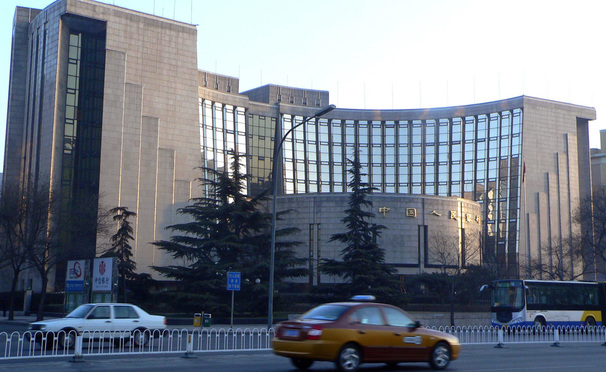China to Tighten up Oversight of Financial Holding Companies
August 09, 2019 | BY
Marilyn RomeroNew draft measures proposed by China’s central bank will mean some non-financial firms will be classified as financial holding companies and will require a license to operate.
The People’s Bank of China, or PBOC, has recently released draft measures to tighten its oversight of financial holding companies as part of efforts to prevent risks to the financial sector. In a statement on its website, the PBOC said it noted how numerous non-financial companies have engaged in a “blind expansion” into the financial sector, leading to mounting risks.
“Some financial holding companies, mainly those owned or controlled by non-financial enterprises, have been expanding into the financial sector blindly, which has led to a regulatory vacuum and risk accumulation,” the central bank said.
This premium content is reserved for
China Law & Practice Subscribers.
A Premium Subscription Provides:
- A database of over 3,000 essential documents including key PRC legislation translated into English
- A choice of newsletters to alert you to changes affecting your business including sector specific updates
- Premium access to the mobile optimized site for timely analysis that guides you through China's ever-changing business environment
Already a subscriber? Log In Now





